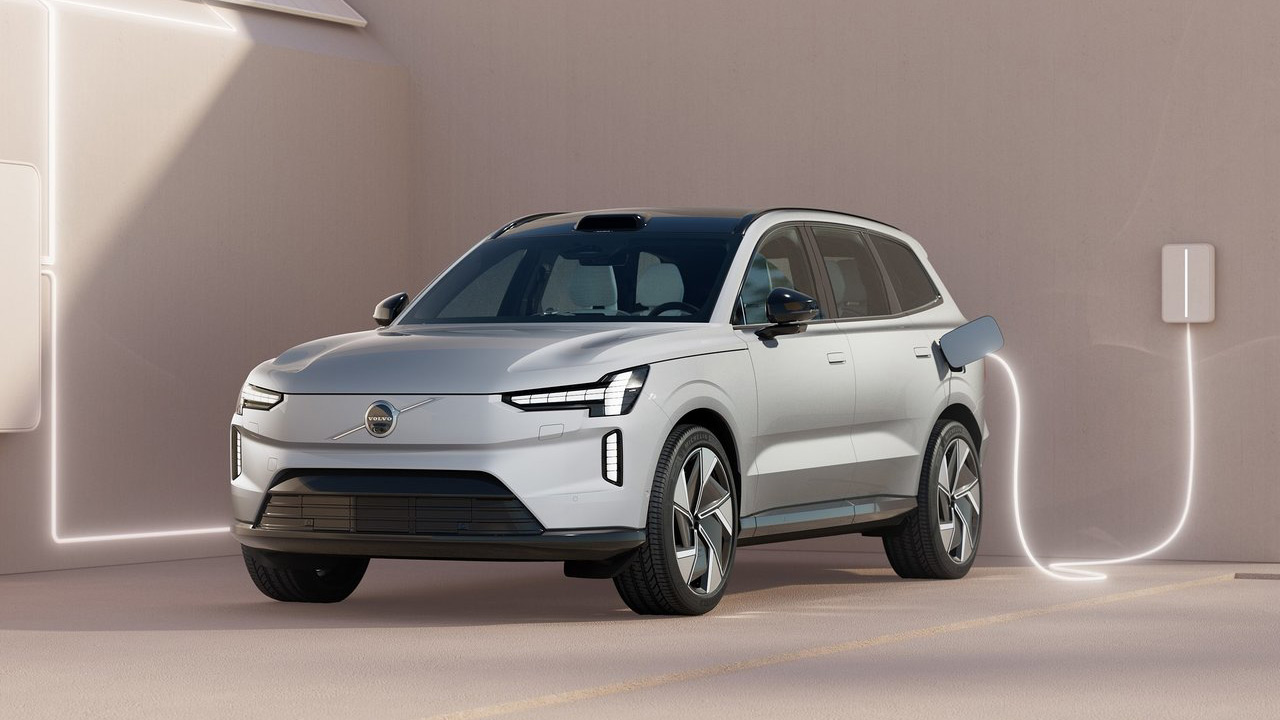According to Reuters, this initiative is part of a broader consumer transparency program that will be mandated in the European Union by 2027. The Volvo EX90, equipped with advanced features such as standard lidar and using Volvo's SPA2 EV platform, will also include detailed battery information.
The 'battery passport' on each Volvo EX90 will include specifics such as the source of components, chemical composition, production date, battery type and model, along with performance and durability statistics. It is linked to each vehicle’s VIN and can be accessed via a QR code inside the driver's side door. This approach aims to make used electric vehicle (EV) valuation easier by providing comprehensive battery health data.
Reuters reports that integrating a battery passport into each car costs just $10. Regulators can access an even more detailed version, enhancing transparency regarding environmental regulations and compliance. The program was initially confined to Europe but could set a precedent for global standards given its innovative nature.
Consumers stand to benefit significantly from these passports by being better informed about their vehicle's parts sourcing and battery health. This heightened level of detail not only helps in making more informed purchasing decisions but also aids in the recycling process. By having exact details about the battery's material composition and origin, end-of-life processing becomes more straightforward, increasing recyclable content and supporting sustainability efforts.
Source: Reuters

